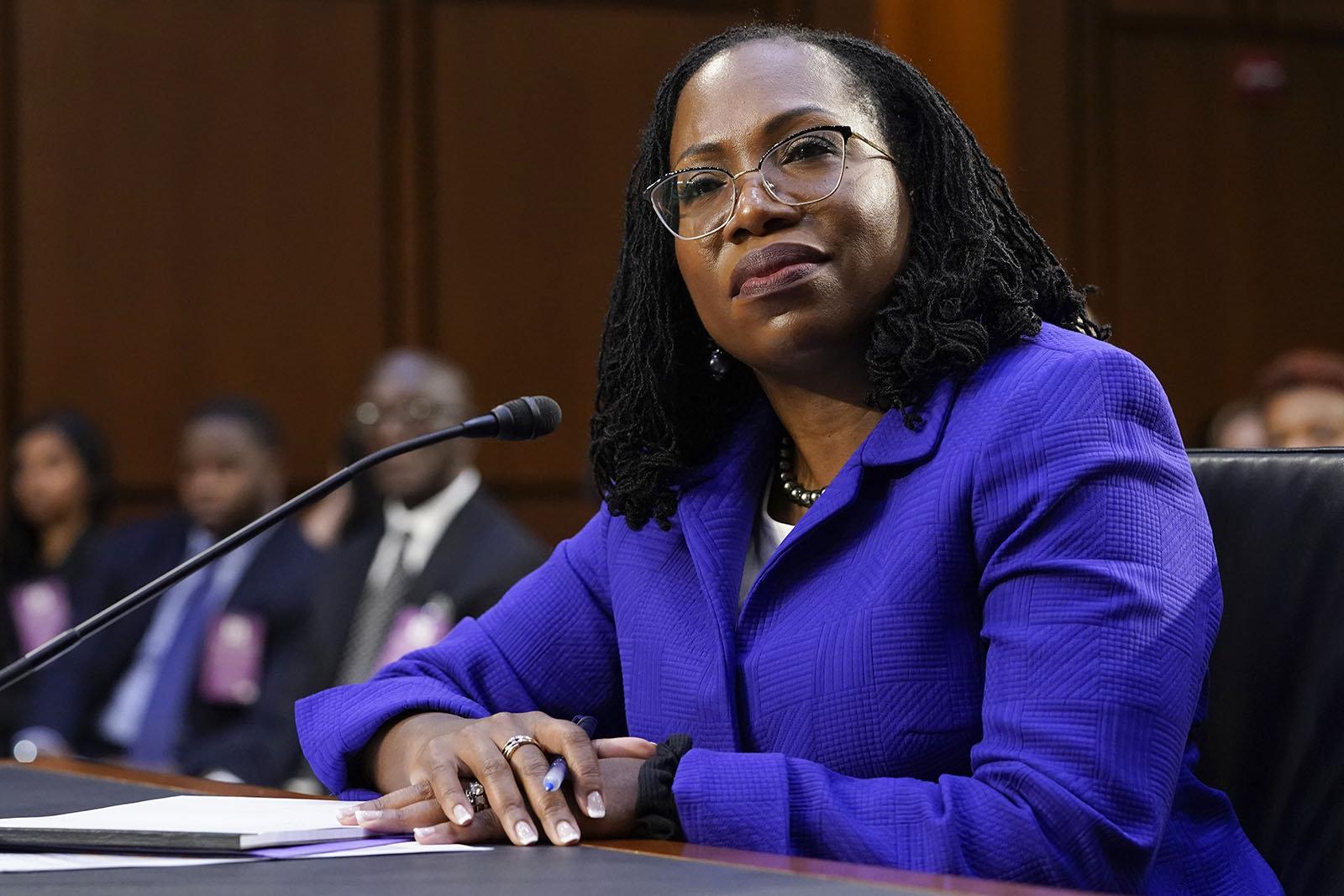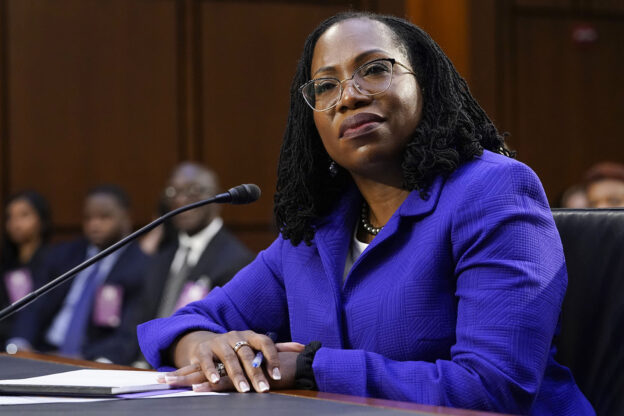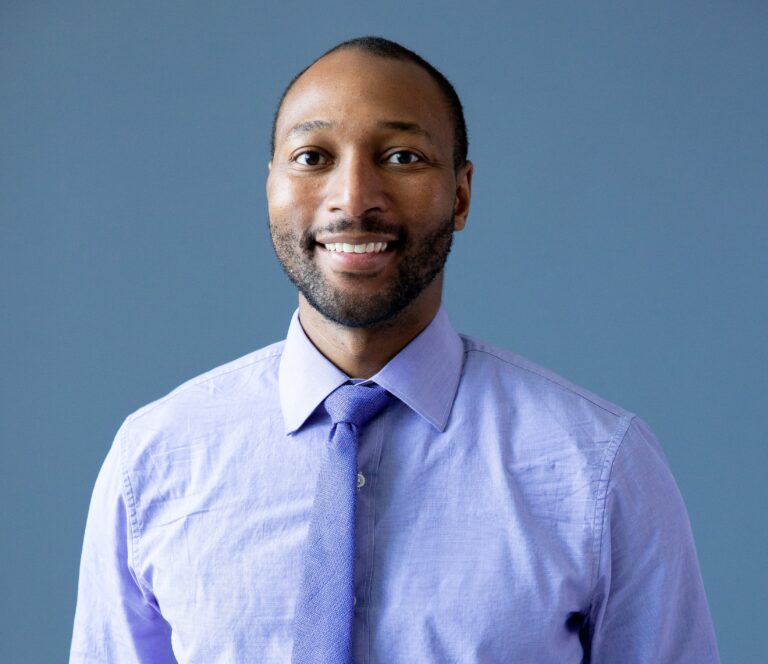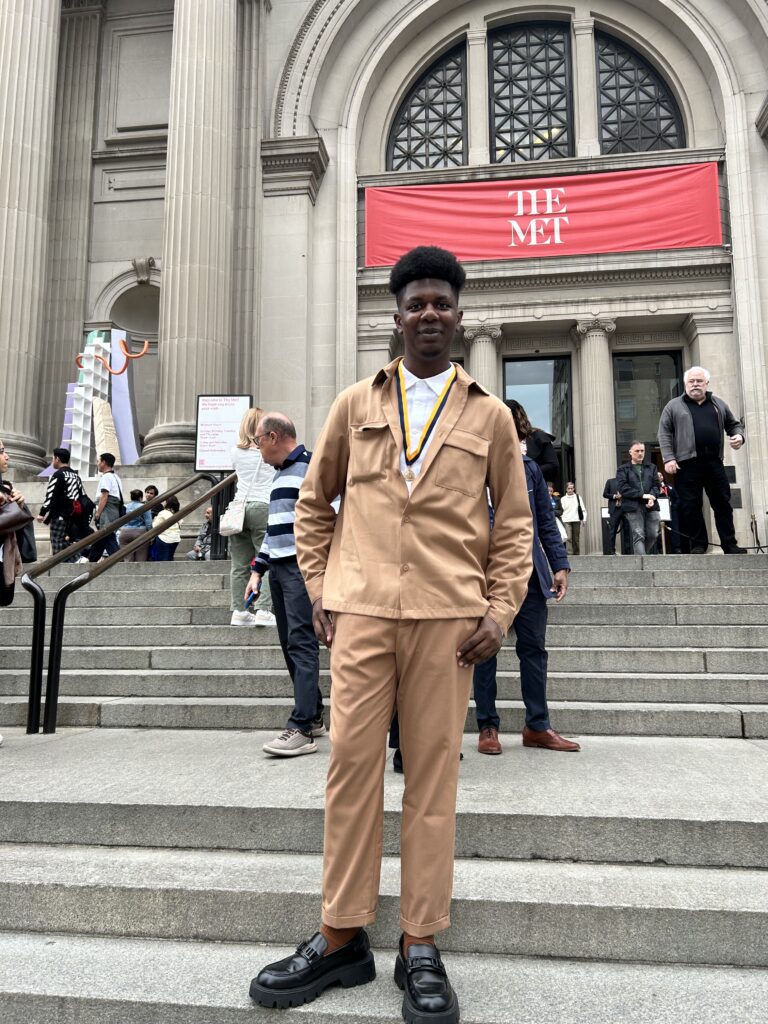
Photo credit: AP Photo/Jacquelyn Martin
By Sonia Banks, Ph.D.
Senior Vice President, Organizational Culture and Talent Development
The nation was mesmerized in recent days by the Senate confirmation hearings of Judge Ketanji Brown Jackson, President Biden’s first nominee to the United State Supreme Court.
The importance of the Court to American life cannot be overstated — its decisions impact our government, our economy, our family lives. If confirmed, Judge Jackson would make history as the first Black woman to sit on the Court, a long-overdue breakthrough that is anxiously awaited by many.
But the hearings themselves have been an embarrassing, infuriating chapter in this history-making story unfolding during Women’s Herstory Month. The questions that Judge Jackson has been asked by Senators Ted Cruz, Lindsey Graham, Tom Cotton, and Josh Hawley have been ill-informed, demeaning, and irrelevant to the question at hand: whether or not Judge Jackson has the ability to enforce the Constitution of the United States.
Their conduct is not surprising. Black women watching the hearings are all too familiar with the dynamic that has allowed this judicial process to proceed in an inequitable manner. Judge Jackson has withstood an indefensible inquiry with restrained, authentic comportment — which is nearly always a necessity for women who are ascending, and becoming part of structural systems designed to exclude them. Previous nominees have not had direct questions put forth to them about their religion, for example — why was Judge Jackson asked this?
As a Black American woman, I know different standards exist for us. We’re aware from the time we are children that if you raise your voice as a Black woman, you satisfy a biased stereotype: you are defensive, aggressive, overly emotional, and potentially incompetent. Judge Jackson is demonstrating the extraordinary ability to “go higher” when the questions — and, frankly, attacks — “go lower.”
For me and for many Black women, that this is so familiar doesn’t make it any less difficult to watch. The Associated Press interviewed prominent Black women who shared how traumatizing it was to witness, noting the hearings as “yet another example of highly qualified Black women having to endure indignities and distortions of their credentials, even as they shatter racial barriers in American society.”
Of course, this is clear-as-day evidence of a double-standard. In 2018, during his confirmation hearings, Justice Brett Kavanaugh actually yelled at the Judiciary Committee members when confronted with questions about the credible sexual assault allegations brought by Dr. Christine Blasey Ford. He wept, raged, and called the confirmation process “a national disgrace.” And then he was subsequently defended by Senators like Lindsey Graham before being confirmed.
There is no question that if Judge Jackson displayed even an iota of the indignation, rage, or resistance that Justice Kavanaugh did she would be vilified. Her nomination would almost certainly be untenable.
Instead, Judge Jackson’s dignified responses to undignified questions make her a national role model. She is modeling what the country needs — and what The Child Center works to create every day. We are dedicated to cultivating this competency of authenticity and professionalism among our team. Our clients — 91% of whom are BIPOC folks — are supported when they advocate for themselves. Everything we do is about trying to enable the voices of those who are voiceless and stereotyped, we are their collaborators for justice. We can’t strengthen families and build communities if we aren’t always working together to identify bias and imbalance of power, and stand with those facing them.
Among the community conversations about Judge Jackson’s hearing, a quote from John Henrik Clarke — “I debate my equals. All others, I teach” — profoundly resonates. Those most impacted by historic systems of racism and injustice consistently lead the way to holding those in seats of power — whose choices impact all of us — accountable for progress towards a more just, inclusive, and equitable society. The burden-bearers grow weary teaching all those around them the cost of not fulfilling legal or societal practices equally.
I live for the day when everyone can enter into the debate, because that will mean everyone is educated and liberated to do so. Until then, I hope we all bear what is required of us as well as Judge Jackson does. That’s what we practice at The Child Center — different ways to educate and advocate to liberate, and share the work of equal access for all of us.






